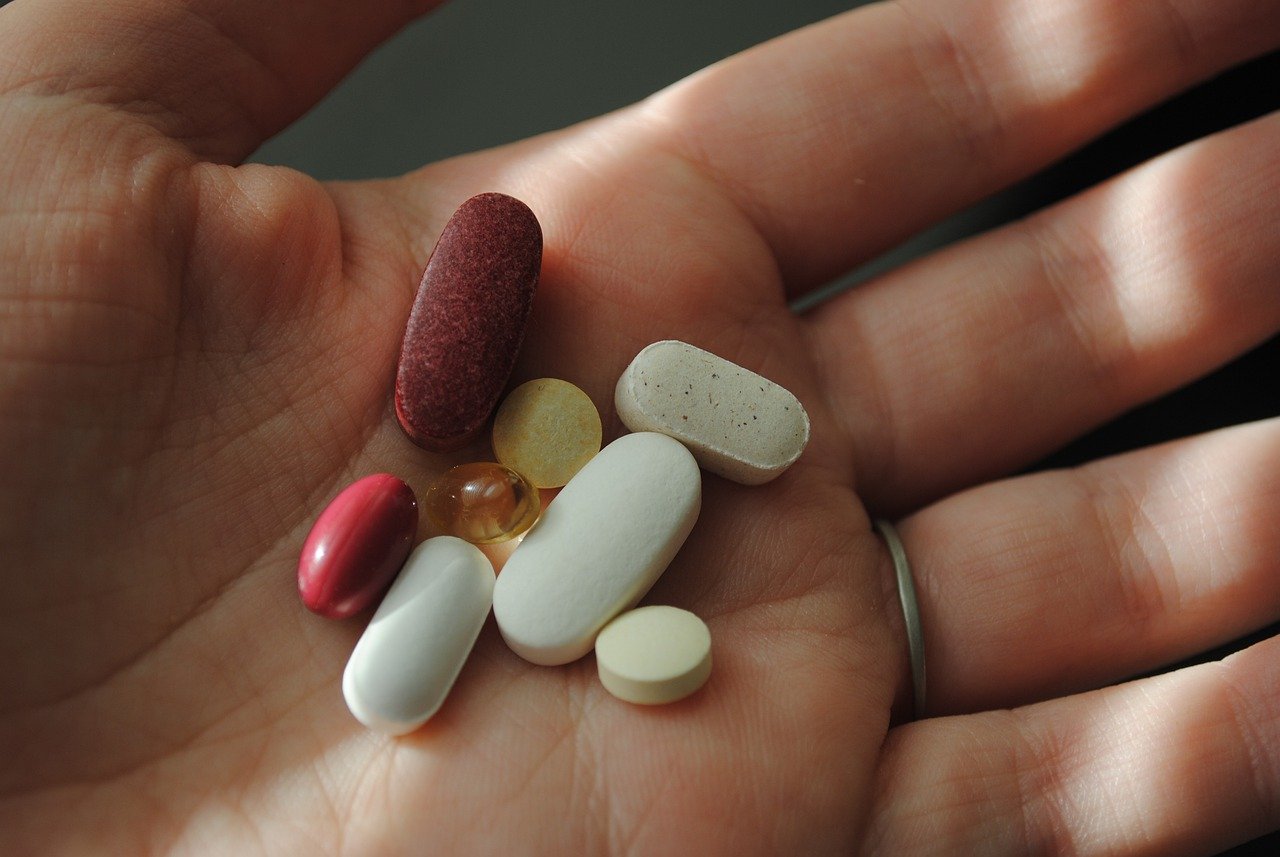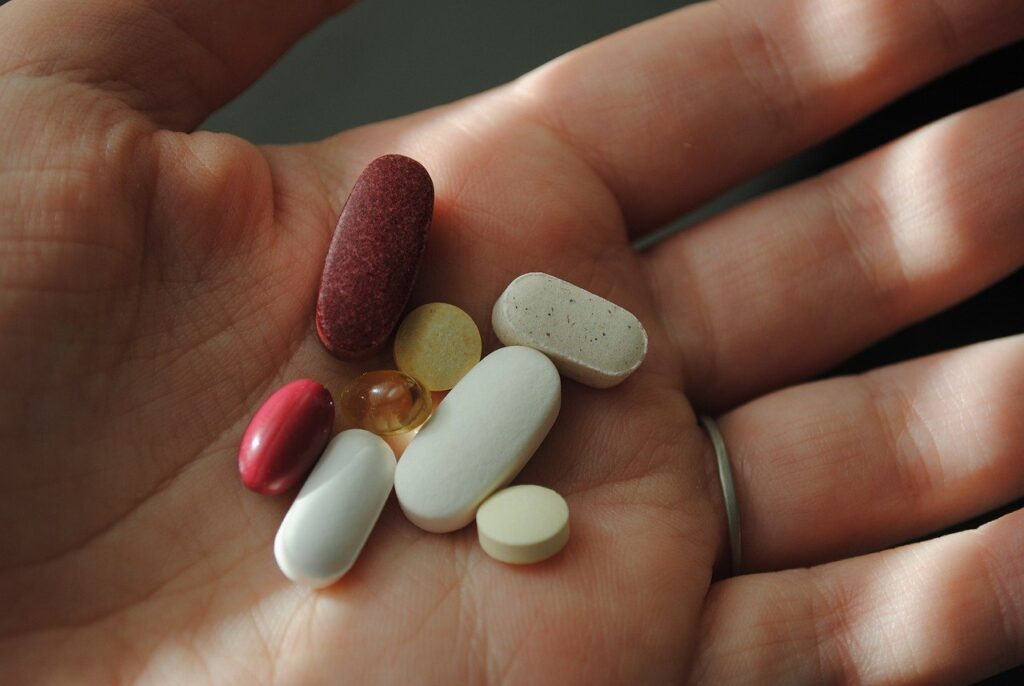
The Connection Between Gut Health And Well-Being
Do you ever feel bloated, gassy, or experience stomach pain? These symptoms can be uncomfortable and even debilitating at times. Did you know that these issues can be related to your gut health?
Your gut, or gastrointestinal tract, plays a crucial role in your overall well-being. Maintaining a healthy gut microbiome is essential for optimal health. Your gut contains trillions of bacteria that help break down food, produce essential nutrients, and keep harmful bacteria at bay. When this delicate balance is disrupted, it can lead to a host of health issues.
In this article, we will explore the connection between gut health and well-being and provide tips on how to improve your gut health naturally.
The Importance of a Healthy Gut Microbiome
You may not realize it, but your gut microbiome plays a crucial role in maintaining your overall health and well-being. So, it’s important to make sure it stays healthy by eating a balanced diet and avoiding unnecessary antibiotics.
The gut microbiome is made up of trillions of microorganisms, including bacteria, fungi, and viruses, that live in your digestive system. These microorganisms help with digestion, absorption of nutrients, and immune system function, among other things.
When your gut microbiome is out of balance, it can lead to a variety of health issues, including digestive problems, autoimmune disorders, and even mental health issues. To keep your gut microbiome healthy, it’s important to eat a diet rich in gut healing foods, such as fermented foods, leafy greens, and fiber-rich fruits and vegetables.
Additionally, incorporating probiotics into your diet can provide numerous benefits, including improving digestion, boosting immune function, and reducing inflammation. By taking care of your gut microbiome, you can improve your overall health and well-being.
Understanding the Gut-Brain Axis
Did you know that your gut and brain are in constant communication with each other through a complex network of neurons and chemicals? This connection is called the gut-brain axis, and it plays a vital role in regulating your overall health.
One of the ways this connection manifests is through the influence of gut microbes on your emotions. Studies have shown that the microbiome in your gut can affect your mood, anxiety levels, and even your behavior by producing neurotransmitters and other chemicals that impact brain function.
But the connection between your gut and brain is a two-way street. How stress affects gut health is another important aspect of the gut-brain axis. When you experience stress, your body releases hormones like cortisol and adrenaline that can have a significant impact on your digestive system.
Chronic stress can lead to inflammation in the gut, disrupt the balance of gut bacteria, and even increase the risk of developing conditions like irritable bowel syndrome (IBS).
By understanding the gut-brain axis and how it influences your health, you can take steps to support a healthy gut microbiome and manage stress levels to promote overall well-being.
Common Gut Health Issues and Symptoms
Experiencing digestive issues such as bloating, constipation, or diarrhea can be frustrating and uncomfortable, but it’s important to recognize these symptoms as potential indicators of underlying gut health problems.
Two of the most common gut health issues are stomach ulcers and irritable bowel syndrome (IBS). Stomach ulcers are open sores that develop on the lining of the stomach. Symptoms of stomach ulcers include abdominal pain, bloating, nausea, and vomiting. These ulcers can be caused by a number of factors, including stress, bacterial infections, and long-term use of nonsteroidal anti-inflammatory drugs (NSAIDs).
Treatment for stomach ulcers often involves medication to reduce stomach acid levels and antibiotics to eradicate any bacterial infections. On the other hand, IBS is a chronic condition that affects the large intestine. Symptoms of IBS can include abdominal pain, bloating, constipation, and diarrhea. The exact cause of IBS is not known, but it’s believed to be related to a combination of factors, such as abnormal muscle contractions in the intestine, oversensitivity to certain foods, and stress.
While there is no cure for IBS, treatment options include dietary changes, stress management techniques, and medication to alleviate symptoms.
Tips for Improving Gut Health Naturally
Boosting your gut health naturally can lead to a happier and healthier digestive system, which can improve your overall quality of life. One of the best ways to improve your gut health is by avoiding certain foods that can cause inflammation in your gut. These include processed foods, sugar, alcohol, and foods high in saturated fats.
Instead, opt for a diet rich in fruits, vegetables, whole grains, lean proteins, and healthy fats like omega-3s found in fish and nuts. In addition to a healthy diet, taking probiotic supplements can also help improve your gut health. Probiotics are live bacteria that can help balance the good and bad bacteria in your gut, improving digestion and reducing inflammation.
Look for supplements that contain a variety of strains and take them regularly for best results. With a few simple changes to your diet and lifestyle, you can improve your gut health naturally and enjoy a happier, healthier digestive system.
Seeking Professional Help for Gut Health Concerns
If you’re struggling with digestive issues that don’t seem to improve with lifestyle changes, it may be time to seek professional help for your gut health concerns.
Getting a proper diagnosis from a healthcare provider can be critical in identifying the root cause of your gut problems. With a clear diagnosis, you can better understand the specific issues you’re facing and receive targeted treatments that can help alleviate your symptoms.
It’s important to note that seeking professional help doesn’t necessarily mean turning to prescription medications or invasive procedures. There are many alternative treatments that can be used to support gut health, such as probiotics, herbal supplements, and dietary changes.

A healthcare provider can work with you to develop a personalized treatment plan that incorporates these natural approaches and helps you achieve optimal gut health. By taking a proactive approach to your gut health concerns and seeking professional help, you can take control of your digestive health and improve your overall well-being.
Frequently Asked Questions
Can poor gut health lead to mental health issues such as anxiety and depression?
Yes, poor gut health can impact mental health by altering the gut brain axis. Probiotic therapy can help restore gut health and improve symptoms of anxiety and depression.
Is it possible to improve gut health through dietary changes alone or are supplements necessary?
You can improve your gut health through a plant-based diet, which is known to increase the diversity of gut bacteria. Probiotic effectiveness varies, but they can be beneficial when used in conjunction with dietary changes.
What role does exercise play in maintaining a healthy gut microbiome?
To maintain a healthy gut microbiome, exercise is important. Make sure to stay hydrated and incorporate probiotics into your diet. This can improve digestion, reduce inflammation, and support overall well-being.
Are there any foods that should be completely avoided for optimal gut health?
To optimize your gut health, avoid processed foods, refined sugars, artificial sweeteners, and fried foods. Focus on consuming whole foods, fermented foods, and probiotics for a gut healing diet.
How long does it take to see improvements in gut health after making lifestyle changes?
Making lifestyle modifications can show improvements in gut health timeline, but it varies per person. Some may see changes in a few days, while others may take weeks or months. Consistency is key for optimal results.
Conclusion
So there you have it – the connection between gut health and well-being is a crucial one. By taking care of your gut microbiome and understanding the gut-brain axis, you can improve not only your physical health, but also your mental and emotional well-being.
Remember, common gut health issues like bloating, constipation, and diarrhea shouldn’t be ignored. By making small changes to your diet and lifestyle, such as eating more fiber-rich foods and practicing stress-reducing activities like yoga or meditation, you can improve your gut health naturally.
And if you’re experiencing persistent symptoms or have concerns about your gut health, don’t hesitate to seek professional help. By prioritizing your gut health, you’re investing in your overall well-being.

Comments (0)